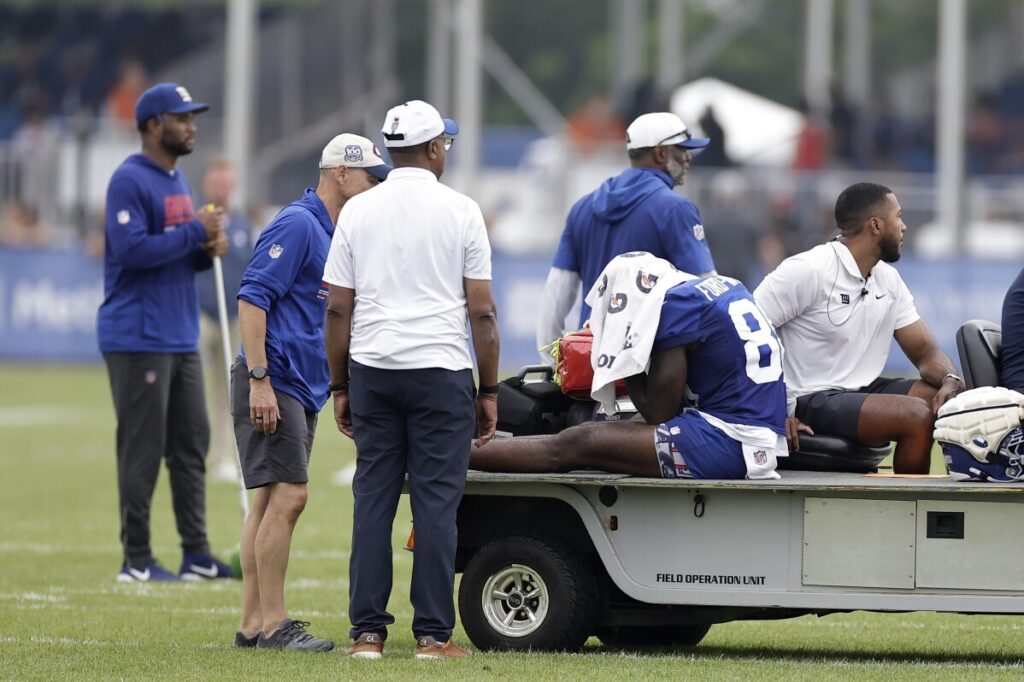West Virginia’s Rush to Ban Artificial Dyes in Schools: Well-Intentioned but Rushed and Costly
West Virginia’s abrupt ban on synthetic food dyes in school meals aims to protect children but triggers chaos and strains resources, revealing a deeper debate about government overreach versus parental choice.

As West Virginia students prepare to enter classrooms in August, their lunch trays will reflect a significant—and contentious—change. The state has swiftly banned seven petroleum-based artificial dyes from school meals, aiming to shield children from potential health risks purportedly linked to these additives. But the hurried implementation has thrown school nutrition programs into disarray, forcing urgent and costly adjustments that raise a fundamental question: Does this regulatory rush truly serve American families’ best interests? Is This Government Overreach in the Name of Food Safety? Governor Patrick Morrisey’s law banning Red 3, Red 40, Yellow 5, Yellow 6, Blue 1, Blue...
This is Exclusive Content for Subscribers
Join our community of patriots to read the full story and get access to all our exclusive analysis.
View Subscription Plans